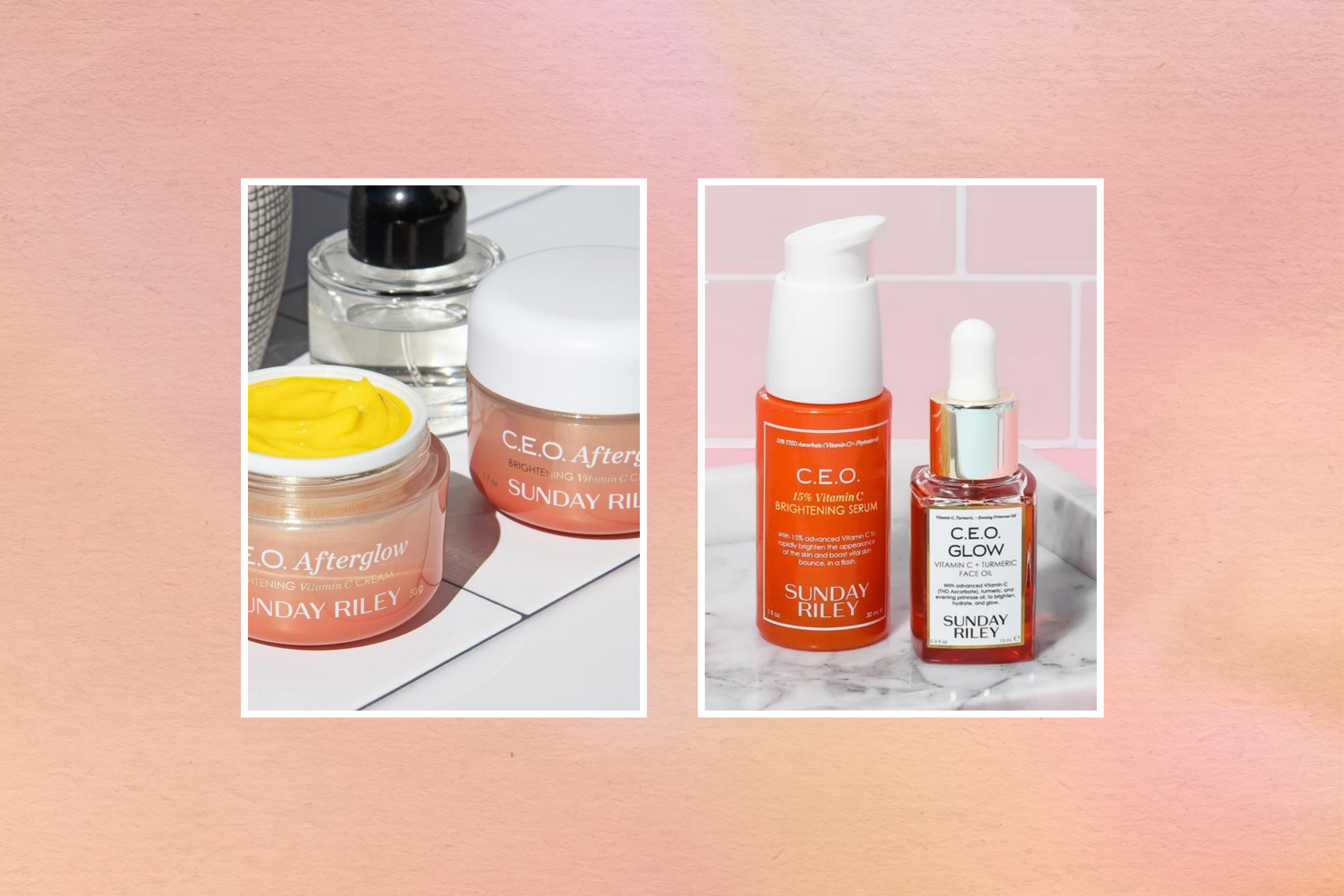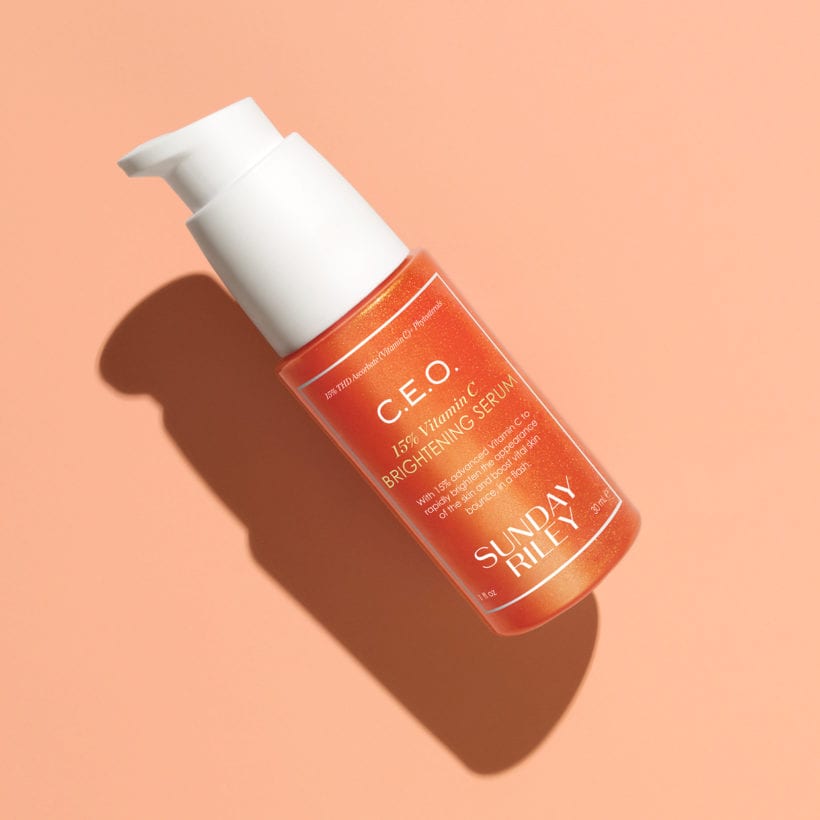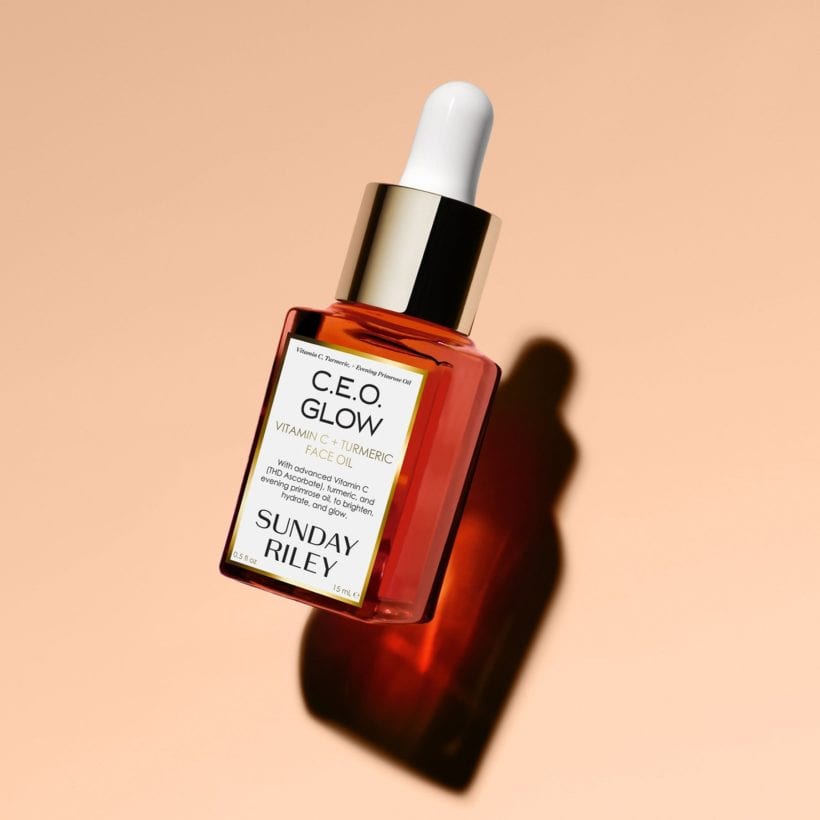Vitamin C is one of the most recommended ingredients for skincare for many reasons. Also known as ascorbic acid, vitamin C is a powerful antioxidant, which means it helps ward off harmful free radicals lurking in our environment that can lead to a range of skin issues, including premature aging, inflammation, dark spots, fine lines, and even skin cancer, according to research published in the Indian Journal of Clinical Biochemistry.
Vitamin C offers an array of benefits beyond reducing free radical exposure. For starters, vitamin C is an excellent skin brightener. “Pigmentation, or dark spots, are formed due to an overproduction of melanin in the skin, but vitamin C helps minimize surface discoloration and evens out skin tone by restricting the enzyme tyrosinase that’s responsible for melanin production in the skin,” explains Jeffrey Hsu, M.D., Chicago-based dermatologist and Mohs surgeon. “Moreover, Vitamin C doesn’t affect skin color — it won’t fade away normal skin pigmentation, only the abnormal melanin deposits caused by sun damage.”
Another perk of vitamin C: We need it to produce collagen and elastin, which help keep our skin firm and intact. “Collagen is the fibrous protein that binds connective tissue together in the skin while elastin is the protein that gives bounce and elasticity to the skin,” says Dr. Hsu.
Unlike other skincare ingredients, like retinol, vitamin C can be used by pretty much anyone — even pregnant and breastfeeding persons. That being said, not all vitamin C skincare products are alike. “Vitamin C is hydrophilic, which means it ‘likes’ water,” explains Jaimie DeRosa, M.D., facial plastic surgeon and founder and lead facial plastic surgeon of DeRosa Center Plastic Surgery. “Because healthy skin is watertight, effective vitamin C skincare products need to be formulated so that they can penetrate the lipid barrier of the skin to work.”
Also, for vitamin C-containing products to work effectively, they need to be properly stored. Nadir Qazi, DO, dermatology physician and a fellow of the American Academy of Cosmetic Surgery, explains that vitamin C is sensitive to light and air and can become oxidized in topical skincare products. “When exposed to light and/or air, vitamin C-containing products can turn into dehydroascorbic acid, which is less stable and makes the product less effective,” he says.
Here, dermatologists share their best tips for properly storing vitamin C-containing serums and creams.
Make sure you purchase it in a light-blocking container
Vitamin C must be stored in a light-blocking container, which is why you’ll most often find it in tightly sealed, opaque containers. “This is because vitamin C can be broken down by exposure to light due to its stability issues,” notes Alicia Zalka, MD, dermatologist and founder of Surface Deep.

Store in a dark, cool place
Vitamin C should stay away from heat sources and stored in a dark place, according to Geeta Yadav, MD, Toronto-based dermatologist at Skin Science Dermatology — i.e., not your bathroom countertop! “When you shower or take a bath, especially with the door closed, the temperature and humidity in the room fluctuates significantly, and these changes can damage the formula,” she says.
Use what you need and store back away
Considering the light and air exposure issues we’ve already mentioned, it’s important to remember to dispense what you need from a vitamin C-containing product and then be sure to tightly secure the cap and stow away out of the light. “You can even keep your vitamin C products in the refrigerator to help extend their shelf life.”
Keep on the shelf for no more than a year
According to Dr. DeRosa, vitamin C-containing skincare products have a shelf life of about a year. For this reason, she recommends taking note of the purchase date of your products and when you opened them for the first time. She recommends using them for no longer than a year to ensure that the formula is still effective.
We only recommend products we have independently researched, tested, and loved. If you purchase a product found through our links, Sunday Edit may earn an affiliate commission.












